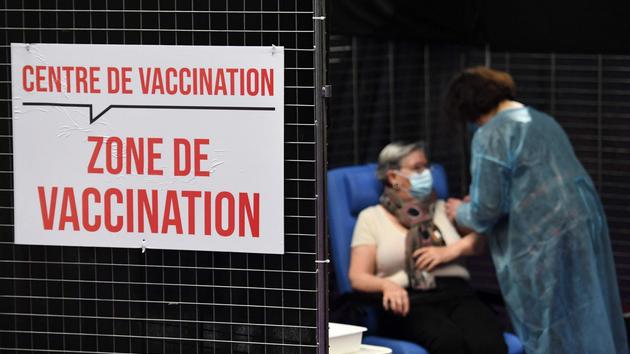On January 23, the High Authority for Health had proposed to postpone to six weeks, instead of four, the injection of the second dose of mRNA vaccines, Pfizer and Moderna.
This postponement would have made it possible, according to his estimates, to vaccinate 700,000 additional people in February, thus protecting them from the risk of developing a serious form of Covid-19 at a time when an upsurge of the virus threatened.
But the Ministry of Health, prioritizing
"the security of validated data"
, had not followed up.
The HAS returns to the charge in a notice published on Tuesday.
With new studies in her pocket, she once again recommends, concerning mRNA vaccines,
"to vaccinate as many people as possible as early as March by postponing the administration of the second dose of vaccine six weeks after the first without going to the hospital. beyond ”
.
This spacing of doses up to 42 days is authorized by the European Medicines Agency, as well as by the French National Medicines Safety Agency (ANSM).
In
This article is for subscribers only.
You have 68% left to discover.
Subscribe: 1 € the first month
Can be canceled at any time
I ENJOY IT
Already subscribed?
Log in

